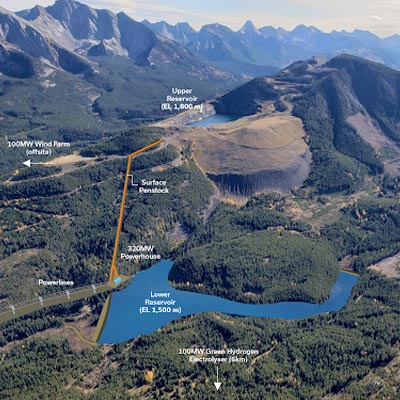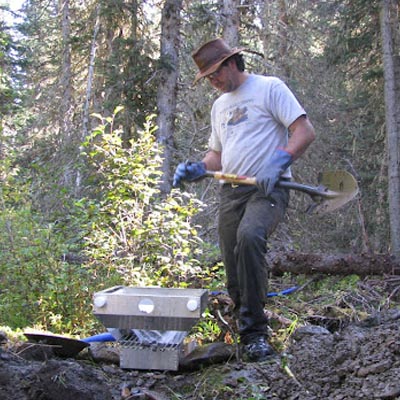Starting the conversation about disclosure
The mining industry would like to see governments make public any payments received from Canadian mining developments.

Catherine Wade, securities and mergers and acquisitions partner with Dentons Vancouver. — Photo courtesy Dentons Vancouver
The Canadian mining industry is pushing for regulation that would make payment disclosure mandatory for governments. Under this kind of regulation, governments at home and abroad would have to publish and make public payments received from Canadian mining developments.
The mining industry is calling on the Ontario Securities Commission and other provincial regulatory bodies to make the regulation mandatory because it would ensure transparency and support a positive business case, said Catherine Wade, securities and mergers and acquisitions partner with Dentons Vancouver.
“They are saying it will provide investors with more information, including where money is being spent and how much,” said Wade. “The idea is to grant transparency to allow investors to understand how the industry works, how governments extract funds and which governments are charging what.”
Payment disclosure regulation would also benefit analysts, who could do a better job of analyzing a project’s costs.
“Right now it is obvious there are costs and payment made, but they are not segregated,” said Wade. “This way they could break down projects by the economies in each one and companies can compare with each other what they are paying and what one costs over another and within economies of scale.”
Industry is pushing for the regulation in hopes it will allow the public a better sense of just how much governments receive from mining and that it will level the playing field between countries outside of Canada.
“When companies can compare projects, they can see what is being extracted by various governments in various regions,” said Wade. “It will level out projects and the availability of projects, and hopefully it results in a reduction of taxes and shows who can stay true to social responsibility claims.”
Governments could also decide to extract more, or less, once the figures become public.
“So, it could become more expensive for companies; it could also become cheaper,” Wade said. “Governments want companies to come in, so it is likely those rates would come down.”
The arrangement does have the potential to backfire, however, given the possibility that a foreign country may refuse to disclose and cause an upset in international relations.
“In some poor, dictator-run country that says, ‘we can’t disclose,’ civil society could be negatively impacted because in those countries Canadian companies will have to leave or breach the rules in Canada," said Wade.
Prime Minister Stephen Harper first mentioned disclosure in his 2007 throne speech, indicating that the policy’s economic benefits outweigh the potential for disharmony.
“If the federal government is pushing it, they have to be talking with other governments about getting on board and must be driving the politics of it at the international level,” said Wade.
Several questions must be addressed before any decisions can be made on the regulation’s implementation, including when disclosure would become necessary.
“Is it when you are getting the licences? It is when extraction process begins? Is it when you start building the mine?,” said Wade. “It is important to decide when the project begins and when disclosure hits, because there is a lot paid up front for licences, but the project could die tomorrow, or isn’t even anything yet.”
Compliance could be costly, especially for juniors, said Wade, and disclosing too early could create problems if people start trading stock on a guess, before the project is material.
“It could be an investigatory project in some country outside Canada and they may be disclosing payments and have people thinking something bigger is happening,” she said.
To date, disclosure is little more than an investigatory conversation—there are no draft regulations, although the Canadian government is looking at what is happening with similar regulation in the U.S. and Europe.
The U.S. system is not yet in place, and Europe is in the implementation process.
In Canada they are teeing it off the TSX listings, prompting questions about what happens if companies simply migrate to another exchange where it’s not in place, said Wade.
“The Canadian stock exchange is a little player in a big world, representing less than three per cent of the capital market,” she said.




